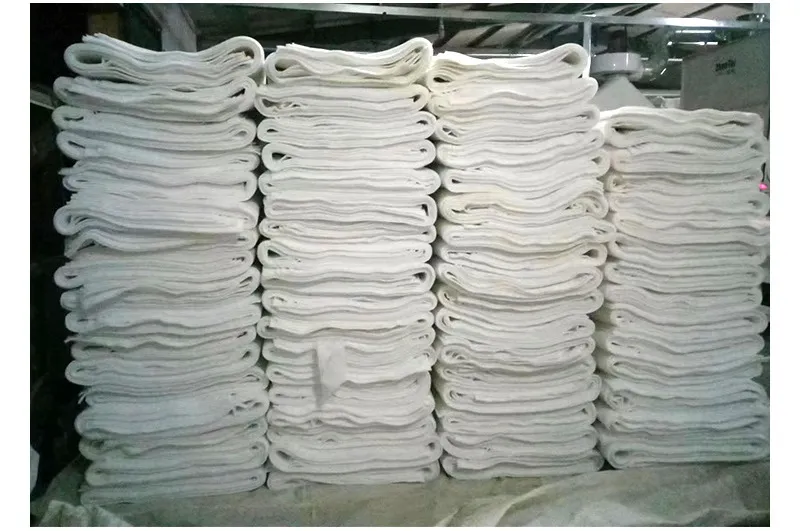Understanding Hotel Towel Policies and How They Impact Your Stay Experience
The Towel Dilemma Eco-Friendly Practices in Hotels
In the hospitality industry, small actions can lead to big changes. One such action, seemingly trivial but profoundly impactful, pertains to hotel towel usage. The practice of reusing towels during guest stays is not only a nod to economic efficiency but also a crucial step towards sustainability. This article explores the environmental significance of hotel towel reuse programs and their implications for both the industry and travelers.
Traditionally, hotels have had a standard operating procedure where towels are replaced daily, regardless of guest preference. However, in recent years, a growing awareness of environmental issues has prompted many establishments to reconsider this practice. The average hotel guest uses several towels each day, contributing to massive amounts of laundry, water usage, and energy consumption. The production and washing of towels involve significant resources, from the water used in cotton cultivation to the electricity consumed during laundering.
By instituting towel reuse programs, hotels not only reduce their ecological footprint but also lower operational costs. Many resorts and hotels have adopted simple messaging to encourage guests to hang towels for reuse rather than leaving them on the floor. Signs often read, “Help us save the environment by reusing your towels.” This considerate appeal not only reduces waste but also engages guests in sustainable practices, fostering a conscious travel culture.
Travelers today are increasingly mindful of their carbon footprints, seeking eco-friendly accommodations that align with their values. A survey by Booking.com revealed that over 70% of global travelers feel it is essential that their accommodations implement sustainable practices. Towel reuse policies resonate with this ethos, as they empower guests to take part in environmental conservation efforts even while enjoying their vacations. Moreover, hotels that promote such initiatives often receive positive feedback from eco-conscious patrons who appreciate a brand's commitment to sustainability.
hotel towel

Beyond towel reuse, many hotels are taking further steps to enhance their green initiatives. Some have started using biodegradable washing agents, installing energy-efficient machines, or investing in renewable energy sources. By showcasing their commitment to eco-friendliness, these establishments can differentiate themselves in a competitive market, appealing to a demographic that prioritizes sustainability.
However, the success of towel reuse programs hinges on effective communication. It's essential for hotels to not only display signage about towel reuse but also to ensure that staff members are trained to discuss these policies with guests. An explanation about the environmental impact of daily laundering can enhance the likelihood that travelers will choose to participate in these programs.
Challenges remain, of course. Some guests may be accustomed to the luxury of fresh towels each day and might initially resist such policies. It is vital for hotels to strike a balance between luxury and sustainability, offering guests the freedom to opt into or out of towel reuse while maintaining a high standard of service.
In conclusion, the simple act of reusing towels can significantly influence the hospitality industry's sustainability efforts. As awareness of environmental issues grows among travelers, hotels that implement and promote towel reuse programs not only contribute positively to the planet but also forge deeper connections with their guests. By fostering a culture of sustainability, the hotel industry can lead the way in responsible tourism, proving that even minor changes can make a considerable difference.
-
What Makes Felt a Great Choice?NewsNov.19,2024
-
Total Mixed Ration (TMR) Feed for CattleNewsNov.19,2024
-
The Ultimate Guide for Felt Polishing WheelsNewsNov.19,2024
-
Industrial Felt for Various ApplicationsNewsNov.19,2024
-
Felt Makeup Bags and Inserts BagsNewsNov.19,2024
-
Choosing the Right Hotel TowelsNewsNov.19,2024
-
Your Go-To Guide For Affordable Wholesale Wool FeltsNewsOct.31,2024







